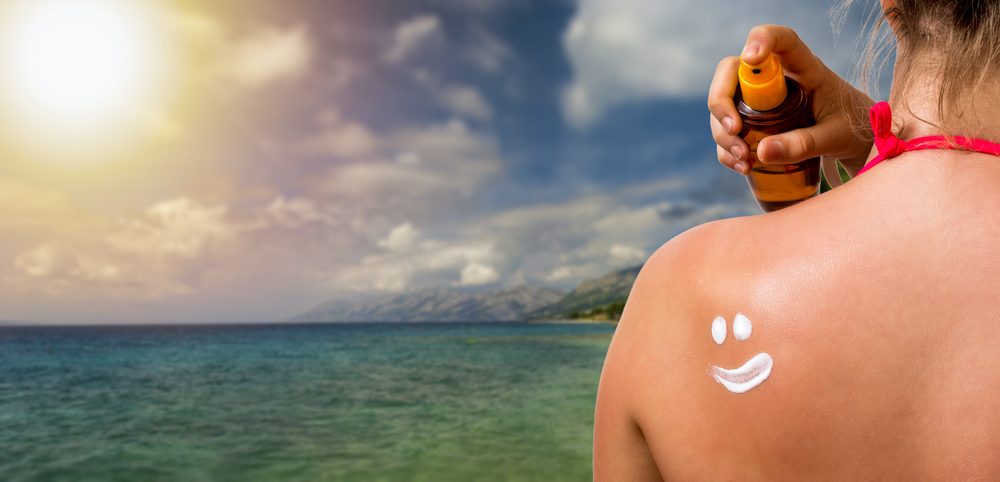
The vitamin known for its bone-building benefits may soon be known as a sunburn soother, too.
Researchers found high doses of vitamin D may reduce swelling, redness, and inflammation after sunburn.
The study, published in the Journal of Investigative Dermatology, is the first to show that vitamin D can reduce inflammation in the skin.
For the double-blinded, placebo-controlled clinical trial, researchers at Case Western Reserve University School of Medicine and University Hospitals Cleveland Medical Center randomized 20 healthy adults to receive either placebo or a high dose of vitamin D3 one hour after experimental sunburn on the inner arm induced by a small ultraviolet lamp.
The team followed up with participants at 24, 48 and 72 hours as well as one week after the exposure and biopsied the skin for further testing.
Results showed that taking vitamin D significantly decreased inflammation, redness, and swelling compared to placebo. The higher the IU, the better the response in terms of reducing the sunburn’s symptoms and repairing the skin barrier. The participants who were given vitamin D3 received 50,000, 100,000 or 200,000 IU of the vitamin.
“We found benefits from vitamin D were dose-dependent,” said Kurt Lu, MD, senior author on the study in a university statement. “We hypothesize that vitamin D helps promote protective barriers in the skin by rapidly reducing inflammation. What we did not expect was that at a certain dose, vitamin D not only was capable of suppressing inflammation, it was also activating skin repair genes.”
When the researchers measured gene activity in biopsies, they also uncovered a potential mechanism behind how vitamin D aids skin repair. According to researchers, the results suggest vitamin D increases skin levels of an anti-inflammatory enzyme, arginase-1. The enzyme enhances tissue repair after damage and helps activate other anti-inflammatory proteins.
While the results are promising, the researchers are not suggesting that the public load up on the supplement after a day in the sun. The doses in the trial—up to 200,000 IU of vitamin D—far exceed the Food and Drug Administration’s recommended adult daily allowance of 600 IU.
“I would not recommend at this moment that people start taking vitamin D after sunburn based on this study alone. But, the results are promising and worthy of further study,” said Lu. In fact, he and his colleagues are planning additional studies that could inform treatment plans for burn patients.
Filed Under: Drug Discovery



